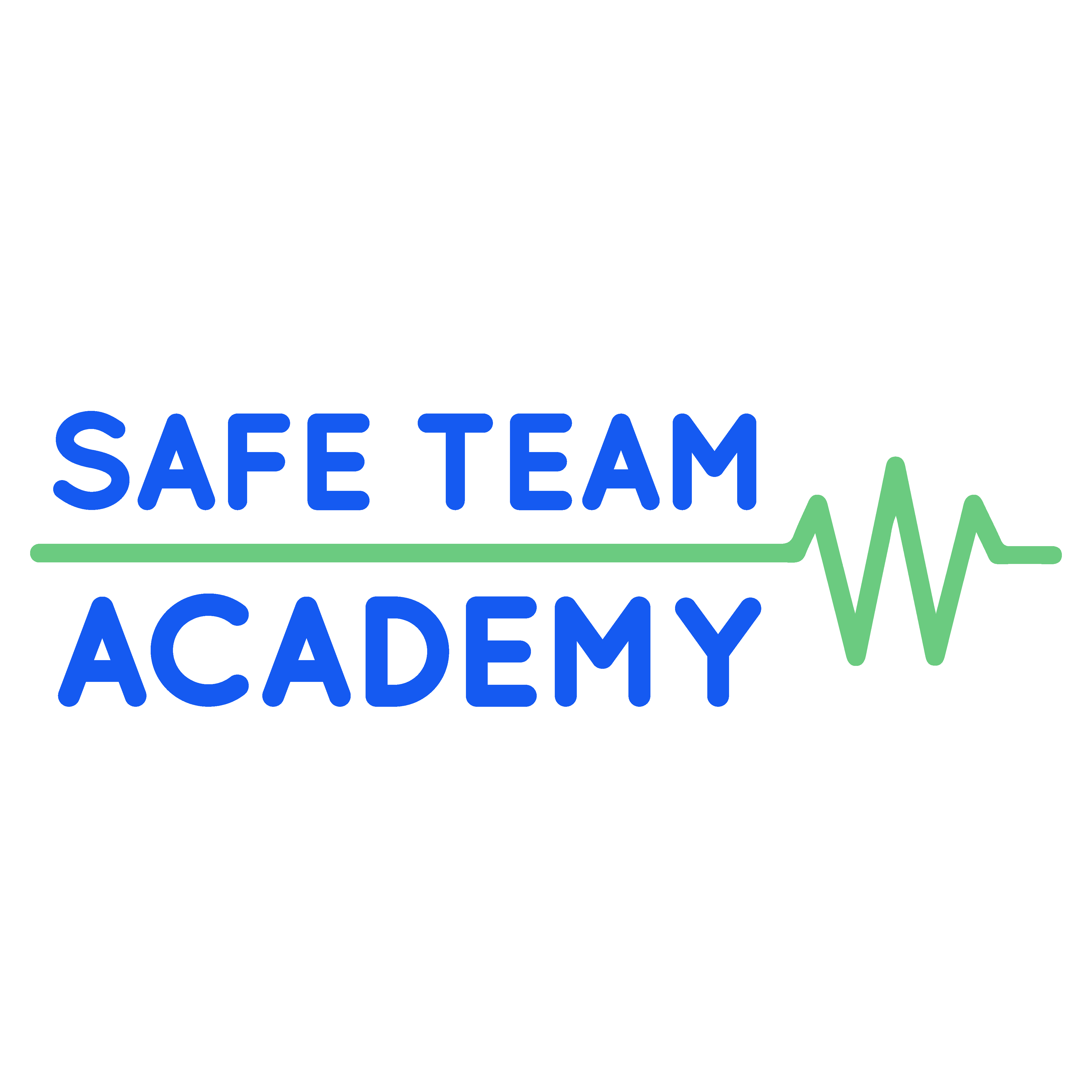Over the past 50 years, anesthesia has made remarkable progress in terms of quality and patient safety. A SFAR-Inserm survey showed a 10-fold decrease in mortality in anesthesia between 1980 and 2000.
Critical situations in anesthesia are uncommon, but when they occur, it is essential to detect and manage them quickly. This detection requires situational awareness, and recovery maneuvers rely on various non-technical skills such as leadership, teamwork, effective communication, and effective workload management.
Crisis management and cognitive aids in anesthesia
In anesthesia/intensive care, critical situations can be diverse: intraoperative arterial hypotension, intraoperative hypoxemia, non-intubatable and non-oxygenable patient, cardio-circulatory arrest during anesthetic induction, etc.
Although some of these situations may be frequent, they can cause significant stress and sometimes compromise the patient's functional or vital prognosis.
Due to their unusual nature, critical situations in the operating room or in resuscitation require mastering crisis management skills (Crisis Resource Management): ability to analyze the situation, mobilization of knowledge and resources, individual technical skills that may be confronted with stress, human cognitive functioning, but also the difficulty of teamwork.
However, in emergency situations, time and cognitive abilities are often limited by stress, a very high mental load, and potentially increased operational complexity. Recalling the list of actions to be taken from memory can be difficult and inefficient; certain cognitive biases such as the tunnel effect (fixation error) or confirmation bias can distort our awareness of the situation.
Effective crisis management is based on a number of principles that can already be implemented and mastered in routine situations. These principles are those of CRM ( Crew Resource Management), developed by NASA, among others. CRM has been transposed to medicine by anesthetist David GABA, among others, and translated as Crisis Ressource Management. CRM is based on several principles. Examples include the use of cognitive aids and the early call for help.
A fundamental element of Crew Resource Management, the use of cognitive aids must become a reflex for healthcare professionals in tomorrow's modern medicine. Whether we're talking about aeronautical risks, fire risks or military risks, cognitive aids - also known as "think bugs", "memory aids" or "emergency procedures" - are essential.
Cognitive aids consist of structured, step-by-step information, closely related to the event, aimed at improving the performance of the medical and paramedical team by guiding reasoning, listing the sequence of actions, and preventing steps from being forgotten. They can be written for routine or crisis situations in several forms (cognitive aids, emergency sheets, checklists) and on various media (paper or digital).
Specifically, cognitive aids are tools created to guide users in performing one or more tasks. Their primary objectives are to reduce the risk of errors and increase the speed of execution of these tasks.
Cognitive aids standardize processes to prevent oversights and ensure that no step is omitted. To do this, they are designed to be used during the performance of these tasks.
Most often, they correspond to a list of specific tasks allowing healthcare professionals to recall the different stages of complex care, but also to apply their knowledge appropriately to an emergency situation.
To maximize their effectiveness, cognitive aids are intended to be a team tool that involves proper knowledge and appropriation, in particular through the use of cognitive aids during team crisis simulation exercises.*
With the main objective of reducing the risk of error, the SFAR (French Society of Anesthesia and Intensive Care) actively participates in this evolution, with fact sheets available on its website concerning the management of critical situations in anesthesia and intensive care.
Stanford University and Harvard University have been pioneers in the design of cognitive aids in anesthesia. Here are some visuals and links to inspire you.
The Australian anesthesiologist David BORSHOFF, whom we had the honor of welcoming in the Patient Safety Report No. 12, was also the originator of the ACM - Anesthesia Crisis Manual - that the European Society of Anesthesiology and Intensive Care makes available on its website.
The anesthesiologist Jean Christophe CEJKA was also one of the first to digitize and make cognitive aids dynamic with the MAX by MEDAE tool.
Finally, note the recent effort by the French Society of Anesthesia and Resuscitation in this area with the provision of fact sheets on its website concerning the management of critical situations in anesthesia and resuscitation, and the association with Human Factors in Healthcare for the creation of professional practice recommendations dedicated to human factors in crisis situations.
SafeTeam Academy and anesthesia crisis management
SafeTeam Academy has created a new e-learning training course for anesthesiologists and nurse anesthetists “Management of critical situations in the operating room” allowing for the validation of CPD.
Through immersive video cases, the training addresses very specific anesthesia situations, allowing learners to challenge crisis management:
- Intraoperative arterial hypotension under general anesthesia
- Intraoperative hypoxemia under general anesthesia
- Non-intubatable and non-oxygenable patient
- Cardiocirculatory arrest during anesthetic induction.
CRM in general and the use of cognitive aids in particular are an integral part of our approach and are included in most of our training courses, especially the one on crisis management for which you can be accredited.
Log in to your mondpc.fr account and search for organization 9827 ASN ANESTHESIA SAFETY NETWORK to discover our DPC action on the management of critical situations in the operating room.
This new training pathway offers learners the opportunity to develop their non-technical skills, understand Crisis Resource Management, and improve their leadership.
If you'd like to play your part in making care more reliable, SafeTeam Academy training courses are for you!
To learn more about our CPD activities, please email us at contact@safeteam.academy.




